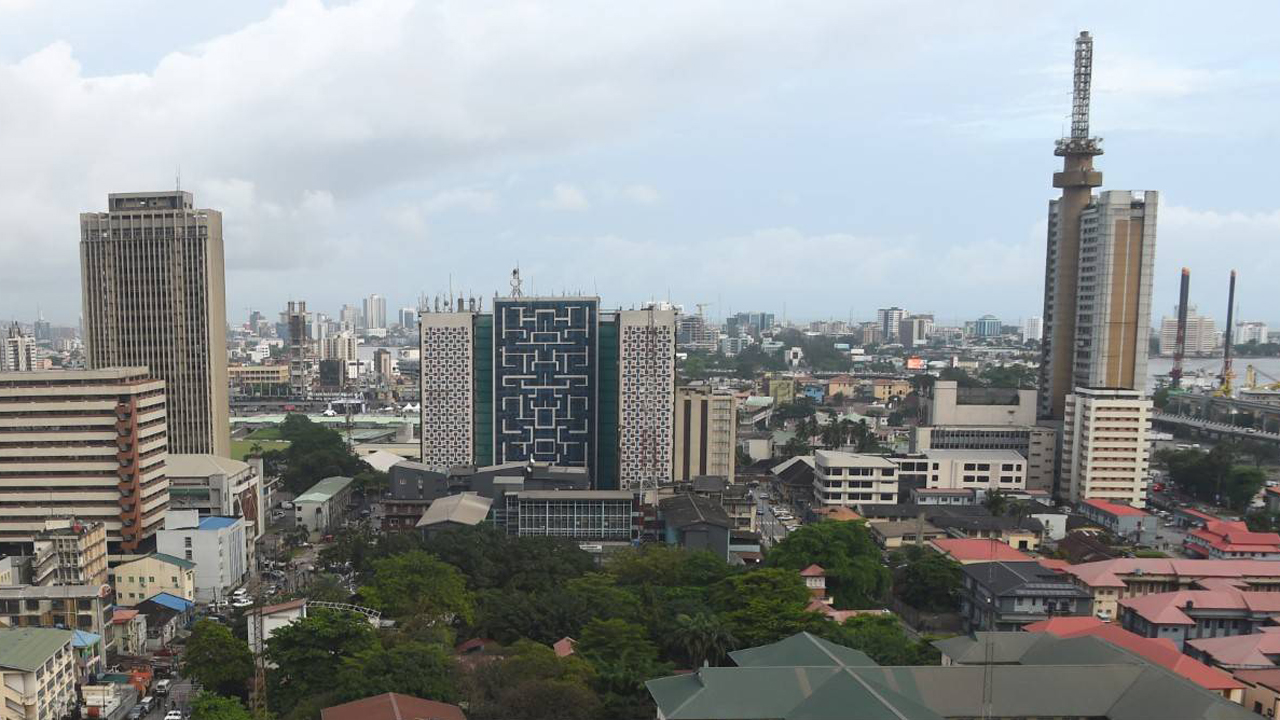SONALA OLUMHENSE FROM PUNCH
If you are a reader, you certainly appreciate a library: that ability to find things of value to read or to return to something you have read or previously failed to read.
In that case, Nigeria may not be the place for you. Libraries, where they exist, are either empty or seriously limited. Sometimes, a newspaper “archive” does not exist beyond its edition for that day, and its editor may have no idea what his predecessor published one year ago today, let alone 10 years ago.
If you doubt any of this, come with me to the National Library of Nigeria. One of the first things one does in a library is to browse. So, browse, please. Query. Explore.
I do not know whether Alhaji Lai Mohammed, the Minister of Information and Culture, has ever bothered to visit his library, let alone borrow a book or read to a child there. There are big, promising departments and titles, but they are mostly empty.
If the physical library is the same, there is nothing to read, either. What we have is an institution so pathetic it ought to be closed down. Books? I counted 13, including two praise-singing texts of Abdullahi Ganduje, the reviled governor of Kano State. While those 13 show up in the virtual library, none of them is available for reading or research.
Even if they were, just imagine how atrocious that is: 13 books for a library system that is 60 years old, none of which one can read!
In the NLN’s National Repository, it promises but does not contain even one Law or Act of the Federal Republic of Nigeria.
It offers “Speeches/Essays of past and present Presidents, political office holders of the Federal Republic of Nigeria and other well meaning (sic) Nigerians,” but there isn’t one speech of anyone, let alone an archive. Browse, please!
It also offers a newspaper index, but consider that it contains only two limited newspapers: The Nation and The Guardian, and a handful of their stories. NLN’s claim to state branches is similarly false: there is no open link to them, let alone to collections they may hold.
For a country that is six decades old, there is nothing available physically or virtually to satisfy an information-seeker. The National Virtual Library Search, for instance, claims that you can “Find information and abstracts of more than 100,000 collection resources, including over 50,000 online materials.”
Really? I searched: “Things Fall Apart.” The response: “No resources found.” I tried: “Constitution of the Federal Republic of Nigeria.” Again, “No resources found.” So much for 50,000 online materials.
The point is that contrary to the concept of a modern library, the NLN is sadly just another bureaucratic outpost by which government appointees and civil servants squander funds and pretend to be busy.
But NLN is not the only government myth in the information business. Take a look at the website of the Nigerian presidency. It is largely dead, as you can see, but you can sneak in.
Suppose a student were trying to explore the President, Major General Muhammadu Buhari (retd.)’s speeches since he assumed office in 2015, for instance. Of the hundreds of speeches Buhari has made in his two terms and eight years, including those made on his behalf, that student would find only 10 to be available. Browse, please!
This misunderstanding of, and disrespect for, the concept of knowledge is probably why many Nigerians may have last week missed or misread the world’s response to the declaration by INEC, Nigeria’s electoral body, of APC’s Bola Ahmed Tinubu as the winner of the 2023 presidential contest.



